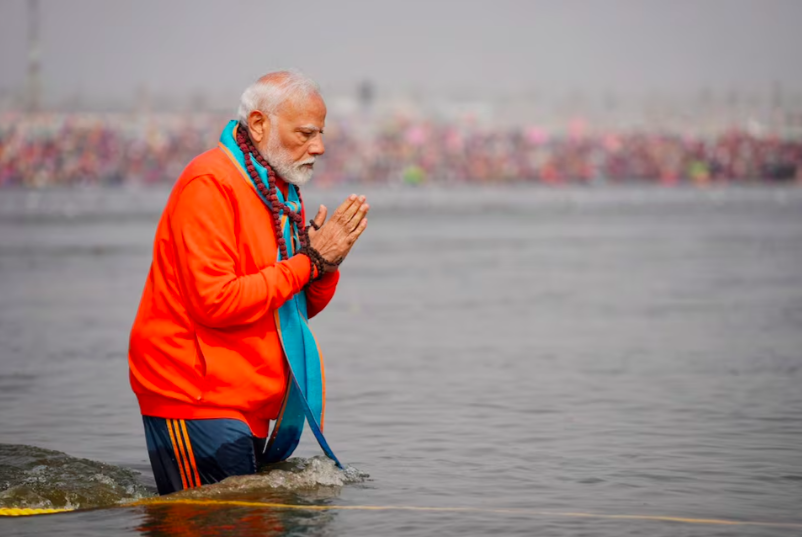Prof. Kamal Chenoy
While the voting throughout the country was on for the Lok Sabha, there was a partial boycott in Kashmir. This led to a rout of the National Conference. The rejection of Indian political parties has historical roots. During Kashmir’s accession a major instrument was Article 370 which gave Kashmir maximal autonomy, excluding a few major powers like Defence, Foreign Affairs and Communications which were retained by the Union Government. According to AG Noorani, a fearless and meticulous scholar on Kashmir, PM Nehru was apprehensive that other States might also seek unprecedented powers which could destabilise the quasi-federal Indian Constitution.
So the Article 370 remained on paper. Decades ago, the Kashmir Assembly, by a large majority resolved that Article 370 should be activated. That resolution and one on regional autonomy within Kashmir, was forwarded to the then NDA government for discussion in Parliament. The NDA ensured that the opinions of the J&K Assembly were quietly shelved. The current election manifesto of the BJP reiterates the party’s determination to reject Article 370, which it considers an aberration, and a danger to Indian unity. This is a major issue, and secular parties should appreciate the advantages of maximum autonomy to all Indian States. An open discussion on this issue could lead to a more robust federalism, rather than strengthening the centralising features of the Indian Union. In the current environment, Art 370 will not be acceptable and would be kept on the shelf despite the original promise. But, it could be a pointer to a truly federal government with equal powers to all States, (unlike Delhi).
(Kamal Chenoy is a Professor at SIS, JNU. This article is reproduced from his facebook post.)









